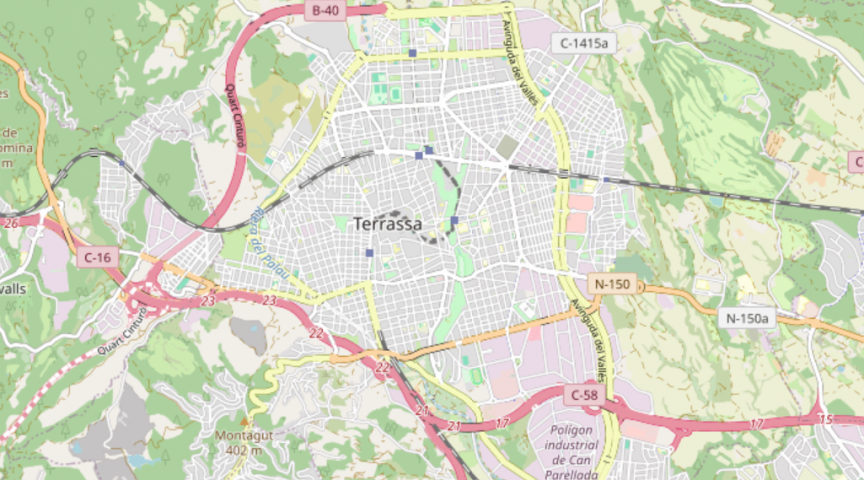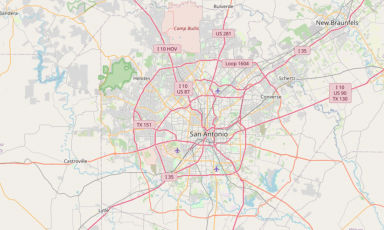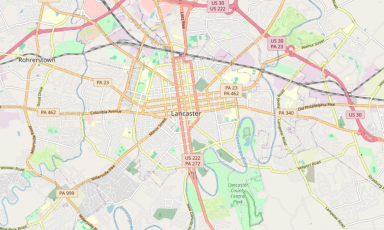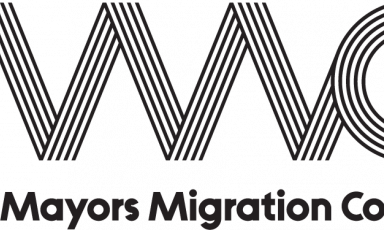Terrassa, Spain
Moroccan Dialect Classes in Terrassa, Spain: Equipping Teachers with Language, Intercultural, and Anti-Racist Skills

Summary
The City of Terrassa commits to implement an anti-racist and intercultural educational strategy by providing language and cultural training to its primary and secondary grade teachers.
Facilitated by professionals, these courses were developed to meet the needs of Terrassa’s Moroccan population, which represents the largest foreign population (6.13% of the city's inhabitants, with a distribution of up to 40% in some neighbourhoods). The courses help teachers acquire basic language skills to improve interaction with their students of Moroccan origin and their families.
The teaching of basic Darija (Moroccan dialect) language skills and Moroccan culture gives teachers powerful tools to create rewarding relationships with their students, value the contributions of different cultures and make their educational practices more inclusive. The programme also raises pupils' awareness of the right to religious freedom, and trains teachers to prevent situations of discrimination and racism, thus filling a major gap in teacher training, as teachers are not taught about cultural diversity during their studies.
Impact
Being able to say some words in Darija in the classroom serves on the one hand to recognize students of Moroccan origin, and on the other hand to recognize (in the classroom, with the rest of students) that that language has a value («so much so that even my teacher wants to learn it»). That favors a relationship of empathy and the creation of bonds, in which I recognize you (in your totality: your person, your language, your culture, your religion, etc) and that favors, that you recognize me.
The teachers said how their students were surprised and happy that they knew how to say some words in their language and that they even offered to practice with them so that they could expand their vocabulary. Also, teachers recognized that the course also allowed them to get closer to the families of Moroccan origin of the center.
Furthermore, the sessions dedicated to anti-racism/intercultural perspective and religious diversity, allow to expand knowledge in this perspective, become aware of the oppressions and privileges, learn to identify racism in the classroom (often invisible) know the Response and Complaint Service for Victims of Racism (SAiD- by SOS Racisme in agreement with Terrassa Council), and adapt educational practices to make them more inclusive, taking into account diversity (origin, religious, cultural beliefs, etc) of students.
Since the course was on Darija, special attention was paid to case studies relating to the Muslim religion (e.g., organization of activities or examinations during the Ramadan) and to dispel stereotypes about the Muslim population.
It also provides information about the normative framework (religious freedom as a fundamental right, recognized in the Spanish constitution) and the implications of this in school context, and some materials and resources to address diversity of origin and/or belief in the classroom.
Lessons learned
Negative lessons
- Teachers need a lot of training on cultural diversity, which would need to be received during their academic training.
- There are many prejudices about the Muslim/Moroccan population, it would take continuous work to be able to address them and a periodically self review about practices, comments, vocabulary, etc.
- This is just a small voluntary course (not mandatory) for teachers. This course should be promoted by the Generalitat of Catalonia, which is the body that has legal competence in education in Catalonia.
Keys to success:
Regarding contents:
- Go beyond purely linguistic classes. For us the success of the course lies in the combination of language classes with an intercultural perspective, anti-racism and religious diversity (run by different professionals) to raise awareness among teachers in these themes. In addition, it is important to facilitate the participation and the presentation of doubts and concerns (regarding normative, cultural, religious, linguistic, etc.) that can be resolved during the course.
Regarding participants (teaching staff):
- Offer a training with a sufficient number of hours (in our case, with courses of 15h it is possible to obtain certification of credits) and accredited by an institution(in our case it was done through Pedagogical Resource Center) valid for your curriculum.
- Require at least 80% attendance to obtain the training certificate.
- Ask for the optimal dates and times of the course for teachers, to be most successful.
- If there are enough participants, it may be interesting to organize groups according to the level at which they teach (nursery, primary or secondary school), since the language needs and concerns of the group will be similar. If it is not possible, it’s not a problem either (in our case, the groups were always mixed)!


